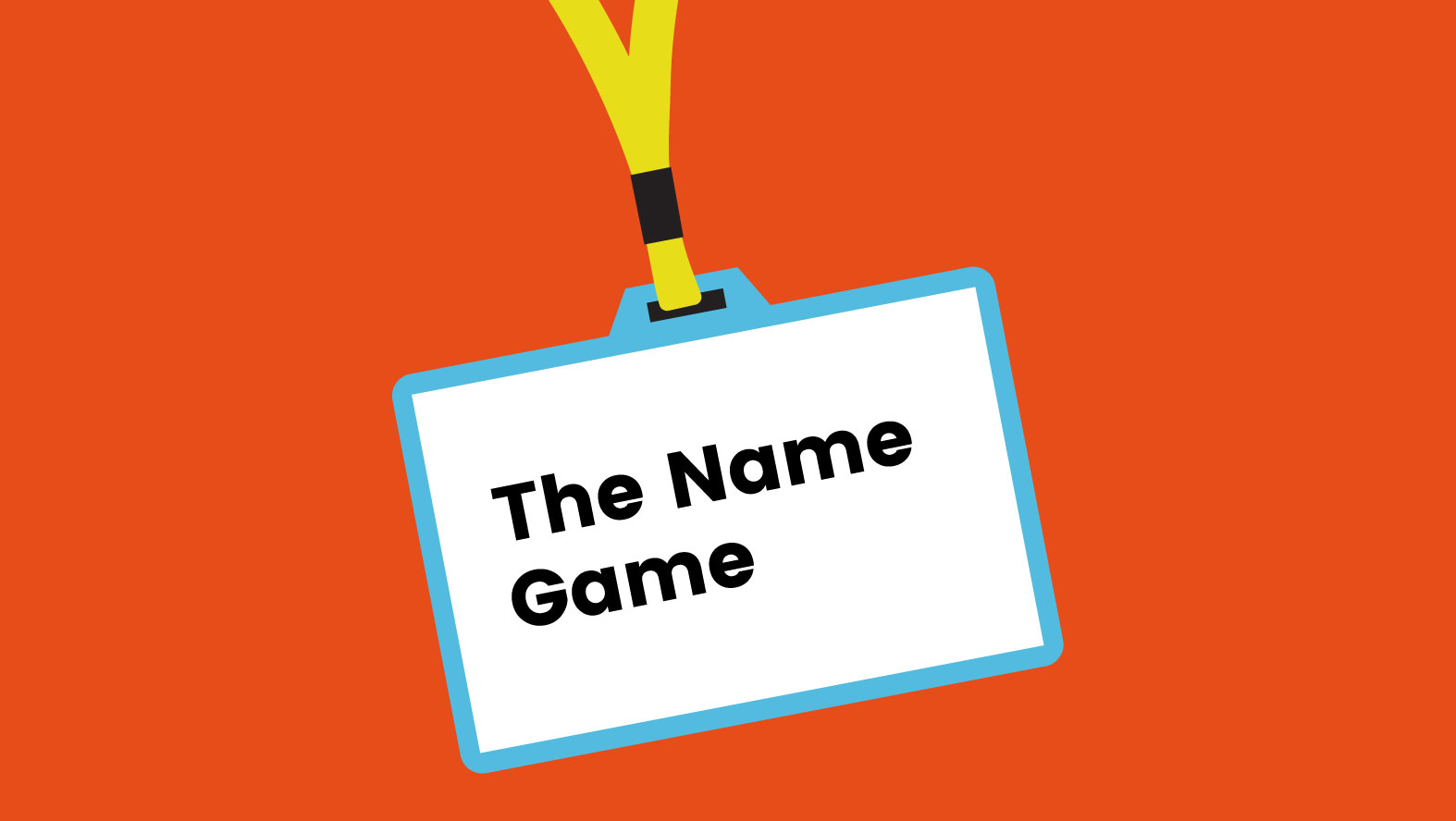
Creating a nickname can be a fun and creative process. Whether you’re looking for a new way to stand out, want to highlight a unique trait, or just enjoy the process of name-making, this guide will walk you through several methods for inventing the perfect nickname.
Method 1: Playing Around with Your First Name
Use a Syllable: Shorten Your First Name
A straightforward way to create a nickname is to shorten your first name. This is simple, easy to remember, and can give you a fresh start if you want to try something new.
Examples:
-
Jonathan → Jon
-
Abigail → Abi
-
Samantha → Sam
Add Suffixes: Add “-ie,” “i,” or “y” to Your Name
Adding a suffix to a shortened version of your name can make it sound more casual and friendly. This is especially common for childhood nicknames but works great for adults too.
Examples:
-
Charles → Charlie
-
Daniel → Danny
-
Aaliyah → Ally
Silent “e”: Add a Silent “e” to the End
Adding a silent "e" can make your nickname sound more mature while keeping it approachable. This technique emphasizes the last consonant of your name.
Examples:
-
Michael → Mike
-
Kathleen → Kate
Middle or Final Syllable: Use a Middle or Final Syllable
Sometimes, the middle or final syllable of your name can make for a great nickname. This can be especially useful if the first syllable isn’t as catchy.
Examples:
-
Frederick → Rick
-
Elizabeth → Beth
-
Anthony → Tony
Family Traditions: Use Traditional Diminutives
Many cultures have traditional ways of shortening names. These diminutives can honor your heritage and add a unique twist to your nickname.
Examples:
-
Henry → Hank
-
Juan → Juanito
-
Namrata → Namu
Method 2: Using Your Middle Name or Last Name
Middle Name: Use Your Middle Name if it Suits You Better
If your middle name resonates more with you than your first name, consider using it as your nickname. It can often feel more unique and personal.
Examples:
-
Ava Marie Thompson → Marie
Last Name: Use Your Last Name for a Unique Touch
Using your last name can give you a distinct and memorable nickname, often used in professional or casual settings.
Examples:
-
Benjamin Lee → Lee
Initials: Combine Your Initials
Using your initials can create a sharp and simple nickname. This method is often used for nicknames that are easy to remember and say.
Examples:
-
Thomas James → TJ
Anagrams: Rearrange Letters to Form a New Name
Creating an anagram from your name can be a fun and creative way to come up with a nickname. This requires a bit of creativity and can result in a truly unique name.
Examples:
-
Diana → Nadia
-
Corey → Royce
Method 3: Cute and Silly Nicknames
Be Punny: Use Puns Based on Your Name
Creating a pun from your name can make a funny and memorable nickname. This can be a great way to showcase your personality and sense of humor.
Examples:
-
Axel → Ax-Wielder
-
Zoe → Cozy Zoe
Unique Traits: Highlight Special Traits
Nicknames that highlight a unique trait or characteristic can be both flattering and descriptive. They celebrate what makes someone special.
Examples:
-
Runner → Lightning Bolt
-
New Yorker → NYC
Pet Names: Create Affectionate Nicknames
Pet names are affectionate and often used among close friends, family, or partners. These nicknames express a deep level of care and affection.
Examples:
-
Victoria → BFF (Best Friend Forever)
-
Xavier → My whole world
Pop Culture: Use Favorite Characters
Basing a nickname on a favorite character from books, movies, or TV shows can create a fun connection to pop culture and shared interests.
Examples:
-
Percy Jackson fan → Nico
-
Hunger Games fan → Katniss
Inside Jokes: Base Names on Inside Jokes
Inside jokes can be a rich source for nicknames. They remind your friend group of shared experiences and moments of laughter.
Examples:
-
Harry Styles fan → Stylin’ Nick
Nickname Don'ts
-
Avoid Over-the-Top Nicknames: Keep it simple and humble. Over-the-top nicknames can come across as boastful or hard to relate to.
-
Easy to Remember: Choose nicknames that are easy to say and remember. Complicated names are less likely to stick.
-
Appropriate Everywhere: Ensure the nickname is suitable for all settings, including professional and casual environments.
-
Respect Preferences: If someone doesn’t like a nickname, stop using it. Always be mindful of others' feelings and preferences.
Conclusion
Inventing a nickname can be an enjoyable way to express yourself and connect with others. Use these methods to find a name that feels right for you or your friends, and always remember to keep it kind and considerate. With a bit of creativity and thoughtfulness, you can come up with a nickname that is both meaningful and memorable.